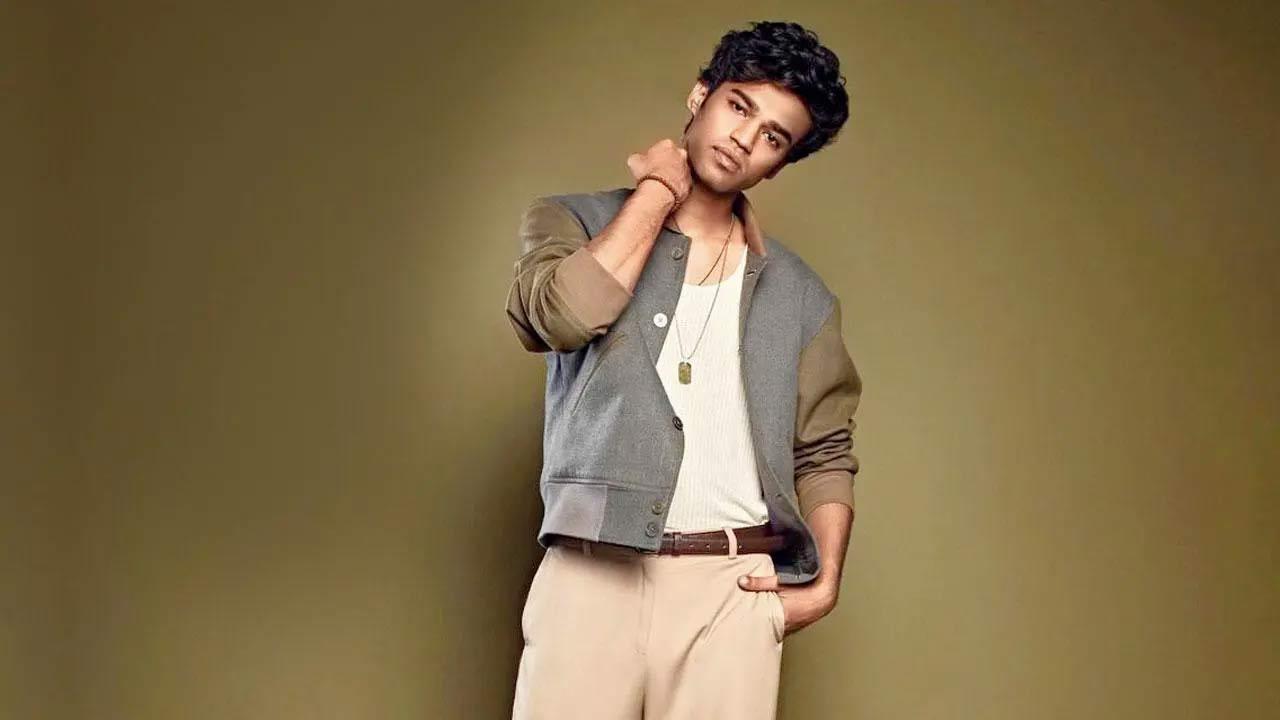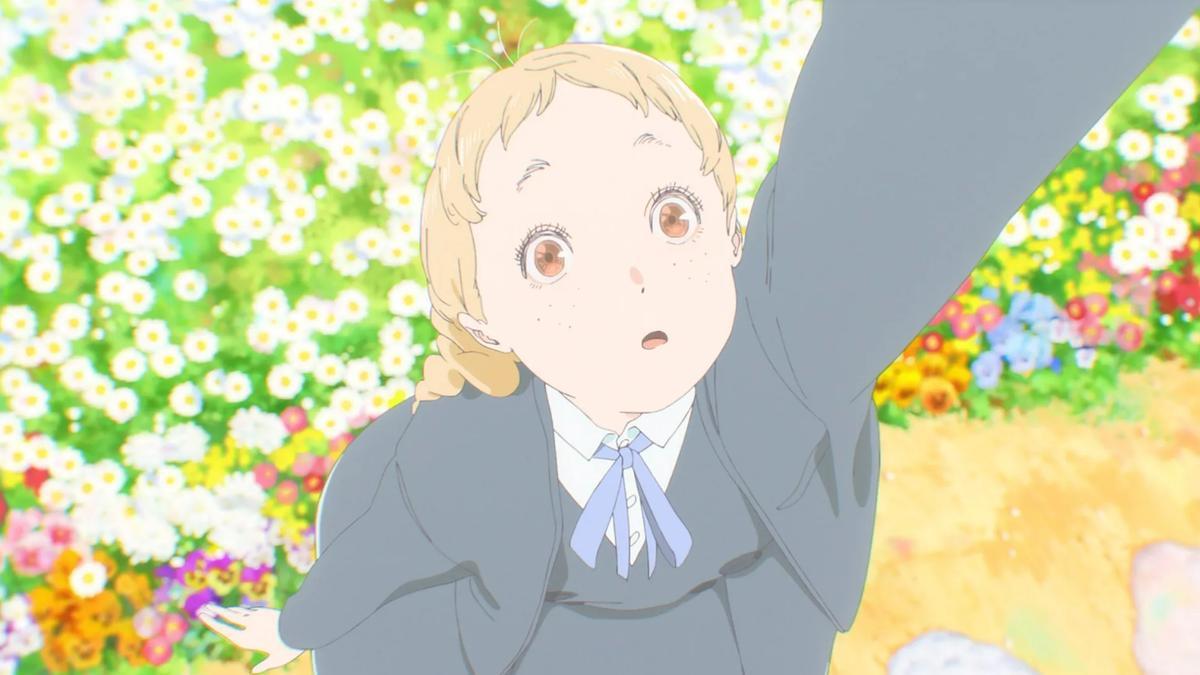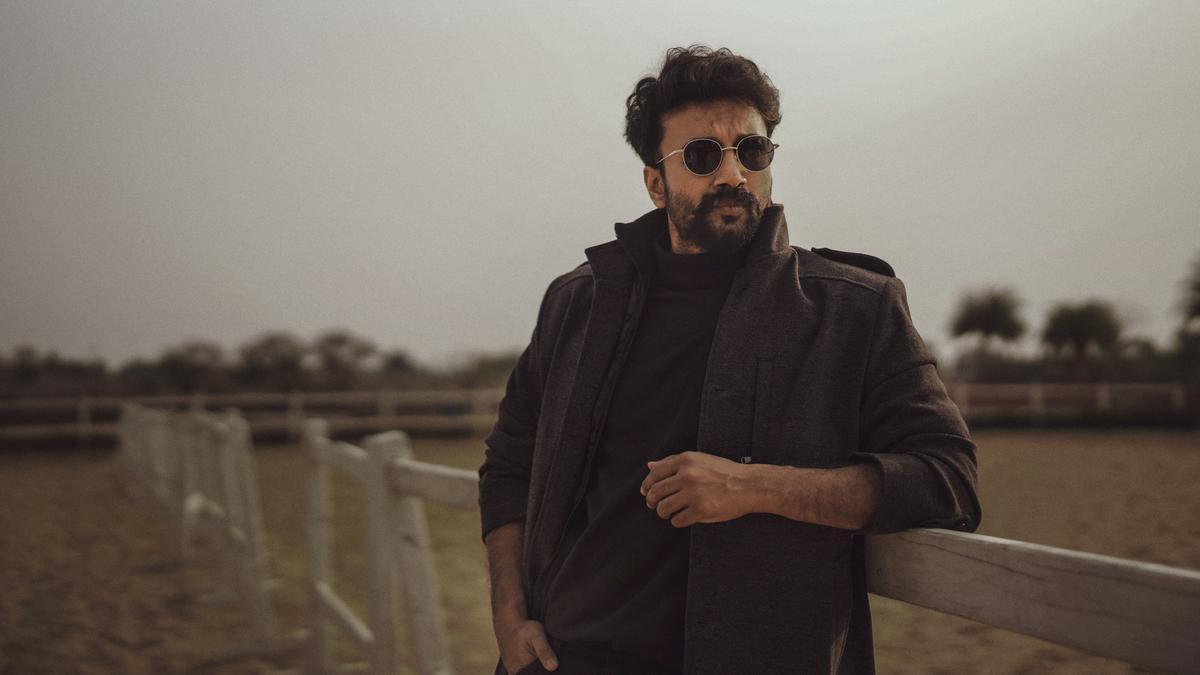
In a heartfelt homage to the revered maestro T.R. Mahalingam, also known as Flute Mali, Palakkad Sreeram recently showcased his versatile musical prowess through a mesmerizing flute recital for Madhuradhwani. Held at the Arkay Convention Centre in Mylapore, this concert was a poignant reminder of Flute Mali’s indelible contributions to Carnatic music. Sreeram, a self-taught flautist and playback singer, considers the legendary N. Ramani his manasika guru or guiding spirit, drawing inspiration from his unparalleled mastery.
The evolution of the flute for Carnatic music has been a century-old journey, marked by significant innovations. From the pioneering adaptations by Sarabha Sastri, Tirupamburam Swaminatha Pillai, and Sanjeeva Rao, to the revolutionary enhancements by Flute Mali and N. Ramani, each virtuoso has left a unique imprint. Palakkad Sreeram has further enriched this tradition by developing what he terms the ‘singing flute’. This instrument, with an additional tone-hole for the thumb and a modified shrunk hole, allows the performer to capture finer musical nuances, elevating the art to new heights.
Sreeram commenced the concert with an evocative rendition of Muthuswami Dikshitar’s ‘Sree mahaganapathi’ in raga Gowlai. The performance, infused with brisk kalpanaswaras, was a testament to Sreeram’s meticulous craftsmanship and deep understanding of ragas. He then transitioned to Tyagaraja’s monumental composition ‘Endharo mahanubhavulu’ in Sree raga. Through these pieces, the audience could discern Sreeram’s dedication to presenting a detailed and articulate exploration of each raga.
The serene naadam of the flute, when coupled with Sreeram’s meticulous attention to detail and appropriate raga prayogas, added an exceptional dimension to the evening’s concert. His selection of the 71st melakarta raga Kosalam for the alapana was a particularly compelling highlight. Beginning with a set of phrases that intriguingly resembled Kalyani, Sreeram adeptly introduced the jeeva swara of Kosalam, the shatshruthi rishabham, showcasing its distinct character.
. His performance also included a masterful grahabedam, shifting the notes to reveal other melakarta ragas such as Keeravani and Hemavathi. Violinist M. Vijay mirrored this intricacy with an equally complex and captivating alapana, culminating in a performance of Koteeswara Iyer’s ‘Ka guha shanmukha’.
The primary raga of the evening, Keeravani, was explored through an extensive and engaging alapana. Sreeram’s intricate phrases centered around the rishabham across various octaves were particularly remarkable and compelling. The creative interplay between Sreeram and Vijay augmented the evening’s musical tapestry, challenging and complementing each other in unique ways.
Palakkad Sreeram’s commitment to exploiting the instrument to present fresh perspectives in manodharma (improvisation) ensures that his music resonates profoundly with the audience—a critical component for the success of any instrumental concert. The evening’s main composition, Surajananda Swamigal’s ‘Samaganapriyakaram’, tuned by the illustrious vocalist and musicologist T.M. Thyagarajan, was performed with precision. Set in Misra Chapu tala, the chittaswaram in the anupallavi section was a distinct feature, adding to the piece’s allure. The relatively obscure nature of both the Kosalam piece and this composition lent variety to the concert, delighting the discerning rasikas (connoisseurs).
Accompanying Sreeram on the mridangam was R. Ramesh, with Sunil Kumar on the kanjira. Their exceptional support was further exemplified in a captivating thani avarthanam that showcased their rhythmic proficiency and added a dynamic layer to the concert, particularly within the complex Misra Chapu tala framework.
The concert concluded with a vibrant thillana in raga Bindumalini, followed by the soul-stirring ‘Bhaja bhaja manasa’ in Sindhubhairavi, leaving the audience deeply moved and memorably enchanted. This musical evening was indeed a fitting tribute to both Flute Mali’s enduring legacy and the extraordinary talent of Palakkad Sreeram, whose innovative contributions continue to breathe new life into the rich tradition of Carnatic music.
This tribute concert was not just a showcase of musical prowess but also a reflection of Palakkad Sreeram’s reverence for his musical forebears and his commitment to evolving the art form while preserving its profound roots.










